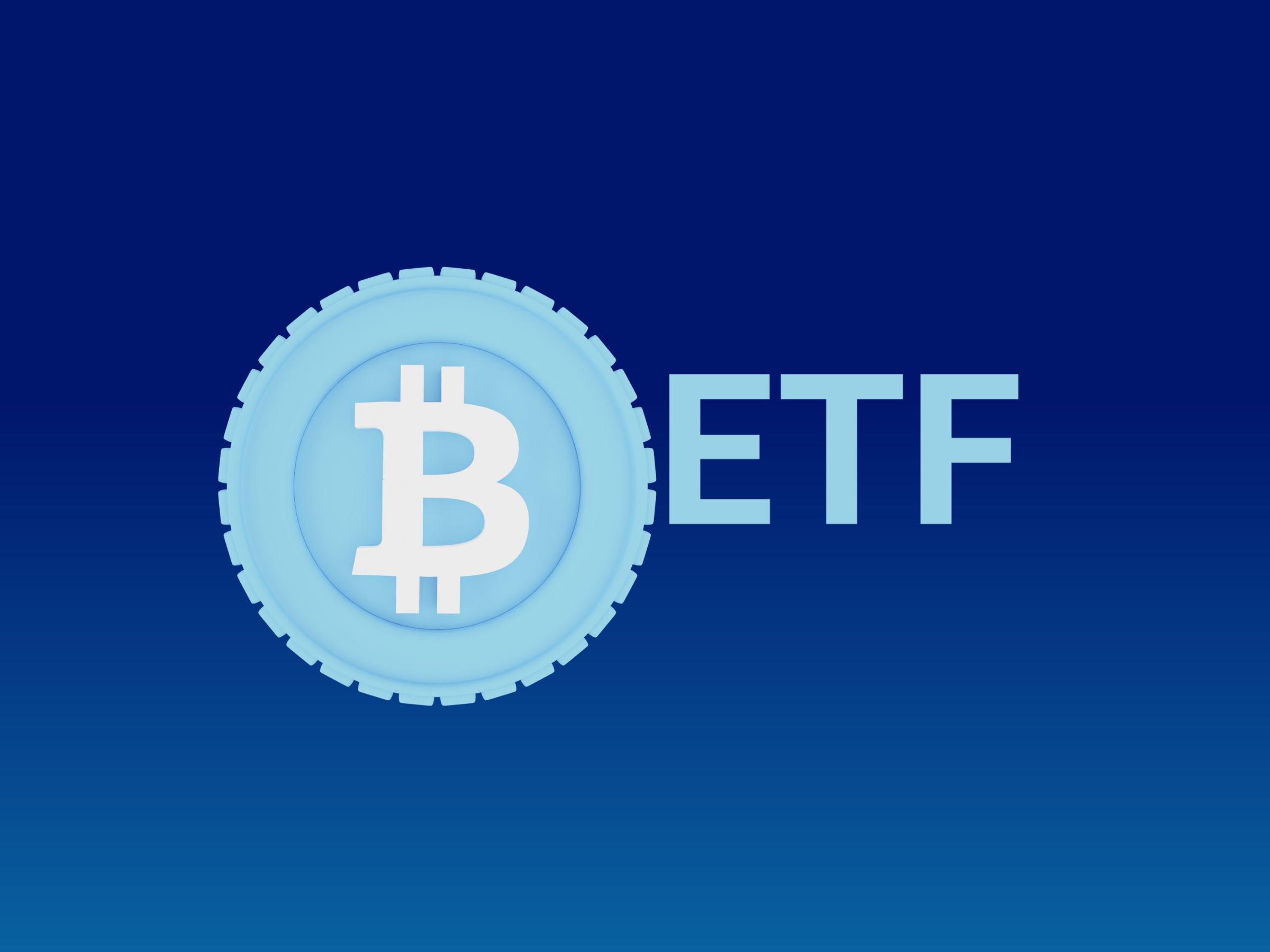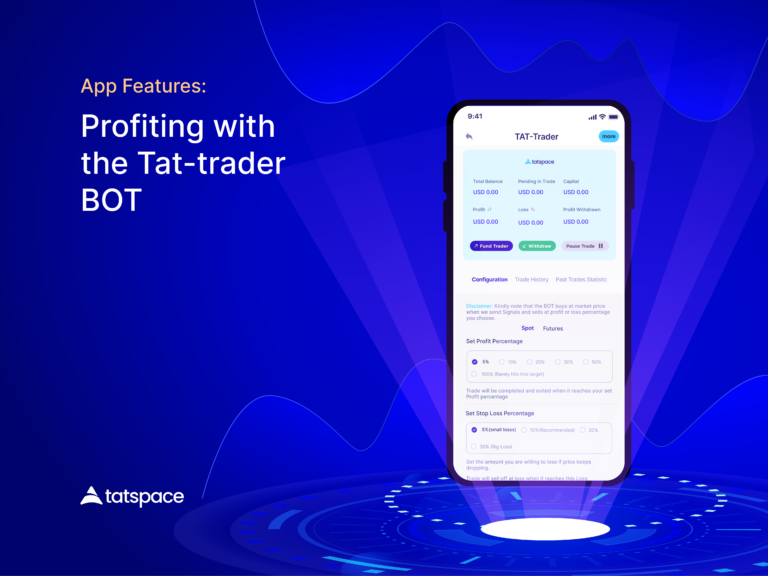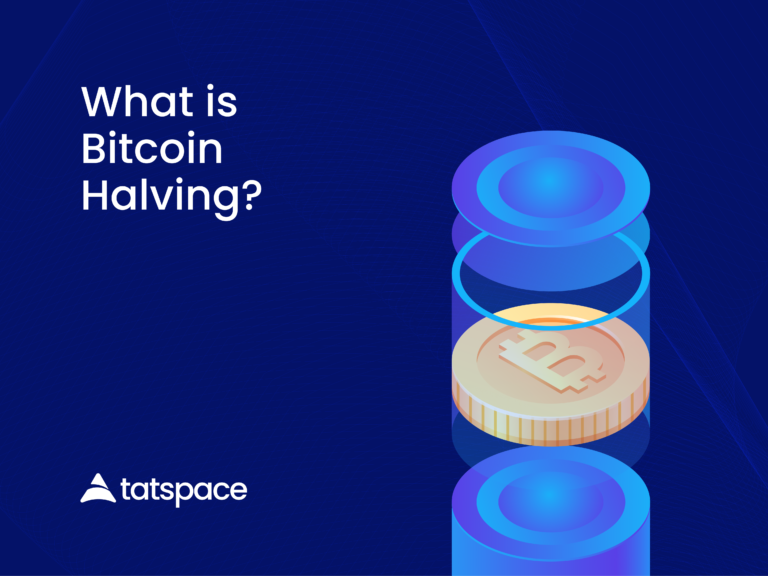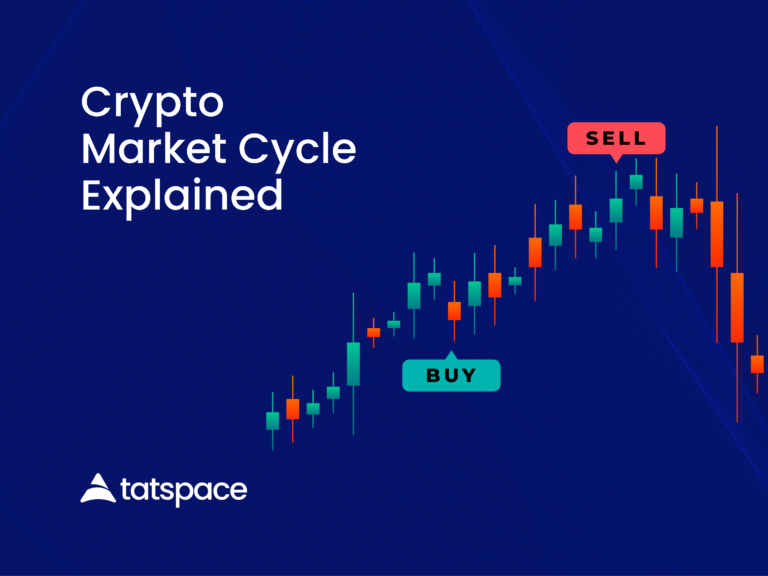It has been a long journey for bitcoin and other cryptocurrencies.
Only about a decade ago, this technology was in use by only a small group of enthusiasts.
At the time of the fabled 10,000 Bitcoin for 2 pizzas.
We’ve seen countless crypto projects.
The birth of DeFi, Bitcoin technology updates like the Taproot upgrade, and many more successful startups emerge in this industry, since then.
Increasing numbers of institutions are also adopting the technology.
Today, some professional sports players are receiving wages in Bitcoin, big stores and establishments are allowing checkouts and online bookings with bitcoin.
Even recently, at the time of writing this article, there have been talks that Elon Musk might open payment for Tesla cars with Bitcoin.
The big question however is;
How can Bitcoin become a global macroeconomic asset?
What building blocks are still lacking?
A valuable building block would be a way to give it more exposure to more traditional institutions and players.
Some believe that an ETF would be the best way to achieve this.
What is a Bitcoin ETF?
As a first step, let me give you a brief background.
ETF means exchange-traded fund.
This is a type of investment fund whose price follows the price of an underlying asset.
There are many different types of ETFs spanning many different industries and asset classes.
Gold ETFs, for instance, has been in existence for decades and they track the price of gold.
In the same way, Bitcoin ETFs would track the price of Bitcoin.
Unlike cryptocurrencies, ETFs are regulated financial products – as a result, they trade on NASDAQ and NYSE rather than on cryptocurrency exchanges.
As the lines between traditional finance and cryptocurrency are, however, getting thinner, this might change in the future.
Why is a Bitcoin ETF important?
As an asset, Bitcoin isn’t the easiest to handle.
A large institution may experience some serious headaches when it comes to custody.
Unlike individual investors, large financial institutions operate differently.
To participate in this arena, they will need a complex financial plumbing and regulatory framework.
Google wouldn’t just plug a hardware wallet into a laptop and Amazon transfers $5 million in Bitcoin.
It wouldn’t be that simple.
Because of this, an ETF can help expand the investor pool and promote adoption.
This gives participants in the traditional markets exposure to the price of cryptocurrency without them having to worry about the technicalities of actually owning the coins.
In addition to bitcoin, Bitcoin ETFs can hold other assets as well.
As an example, a Bitcoin ETF could contain bitcoin, ether, stock in Tesla, gold, etc.
An investor could benefit from diversification in this way.
A brief overview of Bitcoin ETFs
Most people today refer to Bitcoin ETFs as those that trade on US markets.
ETFs, on the other hand, exist in many different markets.
There was the launch of the first Bitcoin ETF on the Canadian stock market, for example.
It trades with the ticker BTCC on the Toronto Stock Exchange, under the name “Purpose Bitcoin ETF”.
Still, the focus was on US regulators to see if they would approve a US Bitcoin ETF.
After considering the application, the SEC approved listing the ProShares Bitcoin Strategy ETF (BITO) on the New York Stock Exchange (NYSE) in October 2021.
Prior to now, most Bitcoin applications were rejected due to market volatility, unregulated markets, and apparent manipulation risks.
The same might be true in some other financial markets which already have ETFs.
A great deal of what Bitcoin needs to function as a macro asset class has been constructed during the last bear market.
Back a few years ago, it probably would have been extremely difficult for Tesla to buy billions of dollars worth of Bitcoin.
In the present day, however, both the infrastructure and the liquidity are present and ready to support such large investments.
Eventually, the current Bitcoin ETF was born out of the ongoing development of Bitcoin markets.
What is a Bitcoin futures ETF?
It is important to note that not all Bitcoin ETFs are backed up with bitcoins stored in wallets, known as Bitcoin Physical ETFs.
As an underlying asset, most Bitcoin ETFs, including BITO, use BTC futures contracts.
So far, the SEC has favoured futures ETFs linked to the Chicago Mercantile Exchange’s (CME) Bitcoin futures, which are already regulated securities.
Instead of using the spot price, Bitcoin futures ETFs use the CME’s Bitcoin Reference Rate (BRR).
In other words, there is only one difference between a Bitcoin physical ETF and a Bitcoin futures ETF: the source of their prices.
Should I invest in a Bitcoin ETF?
Would a Bitcoin ETF be a suitable investment tool for you?
You might do better buying Bitcoin if you’re aiming to protect yourself from the diving value of fiat.
The whole point of Bitcoin is to democratize finance.
However, Bitcoin means many different things to different people.
The power of having direct custody of your savings can’t be understated.
Moreover, you can earn a yield on your Bitcoins or borrow against them in countless ways.
As such, investing in a Bitcoin ETF can also have its advantages if they are something you are interested in.
Wrapping it up
Investing in Bitcoin ETFs is a way to gain exposure to Bitcoin on traditional markets.
It can be a good way to promote cryptocurrency as an asset class to more institutions.
We can only wait and see how much investment will be exposed to Bitcoin now that the right funnels have been set up in the US.







